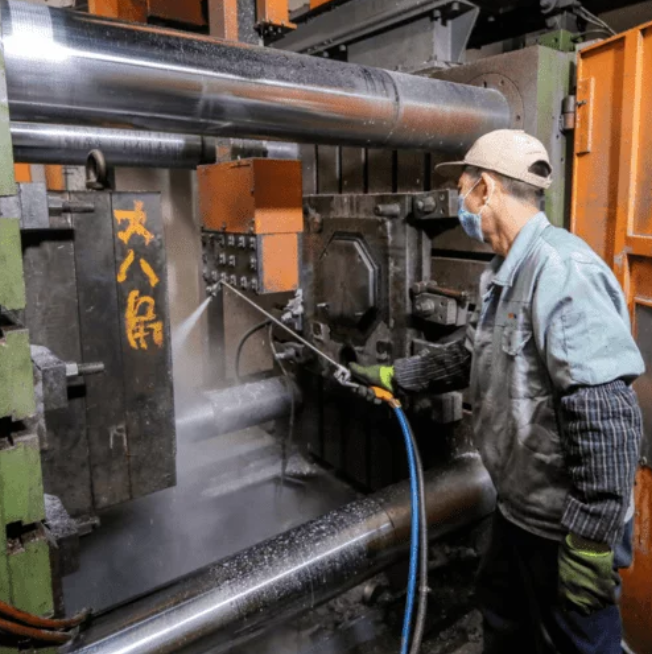CNC, an acronym for Computer Numerical Control, is a term widely used in the field of manufacturing and engineering. It refers to the use of computers to control machine tools and automate various processes involved in the production of goods.
In the early days of manufacturing, machines were operated manually by skilled workers. These workers had to control the machines by turning handles, levers, or wheels, which required a high level of expertise and precision. However, with the advent of computer technology, the manufacturing industry underwent a significant transformation.
The introduction of CNC brought about a revolution in the manufacturing sector. It allowed machines to be controlled by computers, which provided several advantages over conventional methods. The use of CNC has become widespread across industries, including automotive, aerospace, electronics, and healthcare, among others.
One of the key advantages of using CNC is its ability to produce highly accurate and consistent results. With manual operation, human errors and inconsistencies were common, leading to variations in the final product. However, CNC machines follow a set of programmed instructions precisely, leading to superior quality and uniformity in the produced parts.
Another benefit of CNC is its ability to automate complex processes. CNC machines can perform intricate and intricate tasks that would be difficult or impossible for humans to accomplish manually. This automation has significantly increased productivity and efficiency in manufacturing operations.
CNC also allows for greater flexibility in manufacturing. With manual machines, changing the production process or making modifications to the design often required significant time and effort. However, with CNC, changes can be made simply by modifying the computer program that controls the machine, enabling manufacturers to quickly adapt to changing market demands.
Furthermore, CNC machines offer increased safety for operators. In manual operations, workers are often exposed to hazardous conditions, such as moving parts and sharp tools. However, with CNC, most of the manufacturing processes are automated, reducing the risk of accidents and injuries.

CNC technology has also contributed to the advancement of complex manufacturing techniques such as 3D printing and multi-axis machining. These techniques rely heavily on precise and automated control, which CNC machines excel at providing.
In conclusion, CNC, or Computer Numerical Control, is a revolutionary technology that has transformed the manufacturing industry. By utilizing computers to control machine tools and automate processes, CNC has improved accuracy, productivity, flexibility, and safety in manufacturing operations. As technology continues to evolve, CNC is expected to play an even more significant role in shaping the future of manufacturing.
-

- Thixomolding parts & components cell phone middle board processed
-

- High precision magnesium alloy die casting parts for automotive ignition lock
-

- Magnesium alloy die-casting parts&components for e-bike
-

- Mangensium alloy die-casting Thixomolding metal brakets
-

- Magnesium alloy die-casting Auto parts Side step Running board
-

- Magnesium thixomolding parts laptop housing cover B

 0086-750-5616188
0086-750-5616188 +86 13392089688
+86 13392089688 sales@zhongmei-tech.com
sales@zhongmei-tech.com







